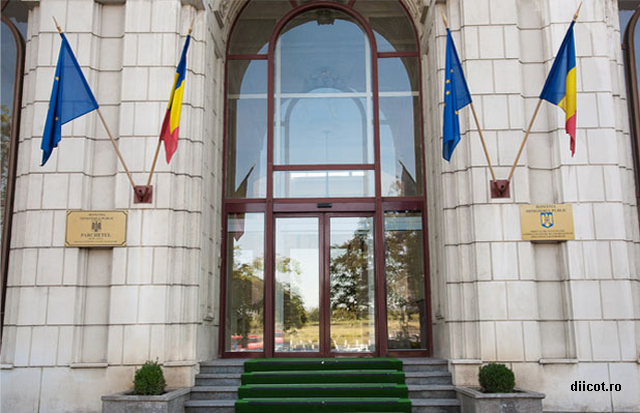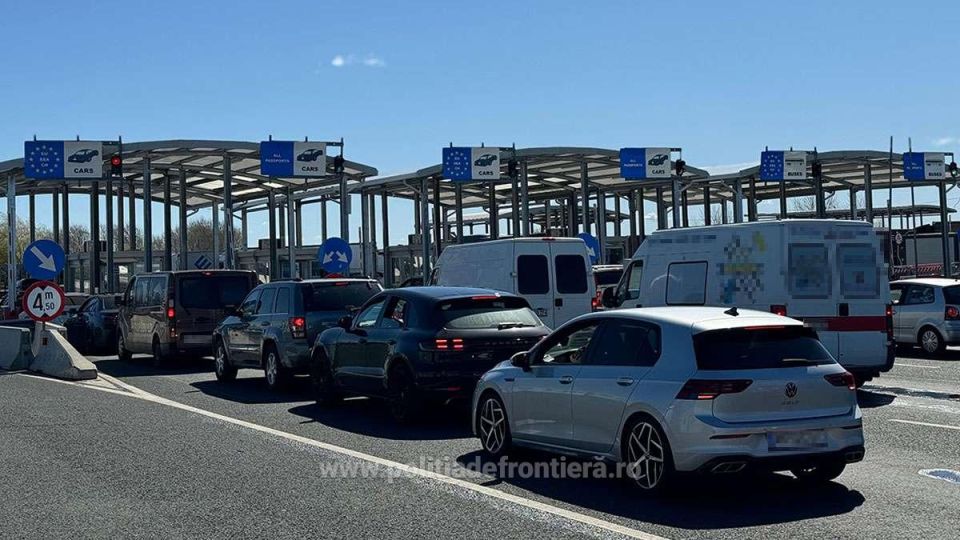The Directorate for Investigating Organised Crime and Terrorism
The Romanian body that prosecutes organised crime has presented its activity report for 2017.

Bogdan Matei, 07.02.2018, 13:34
Viewed by
sections of public opinion in Romania as the little and less high-profile
sister of the famous National Anticorruption Directorate, the Directorate for
Investigating Organised Crime and Terrorism, known as DIICOT, has
wide-ranking responsibilities, from combating illegal drug trade to monitoring
extremism.
At a meeting to assess its
activity last year, the DIICOT prosecutors said 3,210 people were convicted
based on their indictments. Many of the criminal groups the body has
investigated specialise in human trafficking and child trafficking, mainly for
the purposes of sexual exploitation in Western Europe. Other such groups deal
in heritage crime, migrant trafficking and tobacco smuggling.
Last year, prosecutors
seized more than 2 tonnes of drugs, almost three times less than in 2016.
Romania is still mostly a transit country on the so-called Balkan route used
for trafficking heroin, cocaine and ecstasy. Cannabis is the most trafficked
drug in Romania, which is brought in by road, in particular from Spain and The
Netherlands.
Unlike most west-European
states, Romania did not face any concrete and considerable terrorist threats in
2017, according to the DIICOT report. The head of the Directorate, Daniel
Horodniceanu, has warned, however, that Islamic radicalisation is also a threat
in Romania, just like elsewhere in Europe. Although it is not a widespread
phenomenon, radicalisation has been on the rise in recent years, mainly among
foreign residents originating from areas prosecutors describe as having active
terrorism problems, as well as among Romanian citizens who have converted to
Islam.
Professor Stefan Popescu,
who specialises in Middle East cases, has told Radio Romania:
I don’t believe Romanians’
conversion to Islam and radicalisation are bigger phenomena than in France or
Italy. It’s only a minor phenomenon in Romania, but it needs, however, to be
kept under control. We’ve seen recently how, when certain migration routes were
closed, Romania has become part of an alternative route for entering Europe.
We’ve seen vessels with refugees coming all the way from Afghanistan, Syria and
other conflict areas.
This is one more reason why
the DIICOT head Daniel Horodniceanu has called for updating the country’s
legislation on preventing and combating terrorism.






























